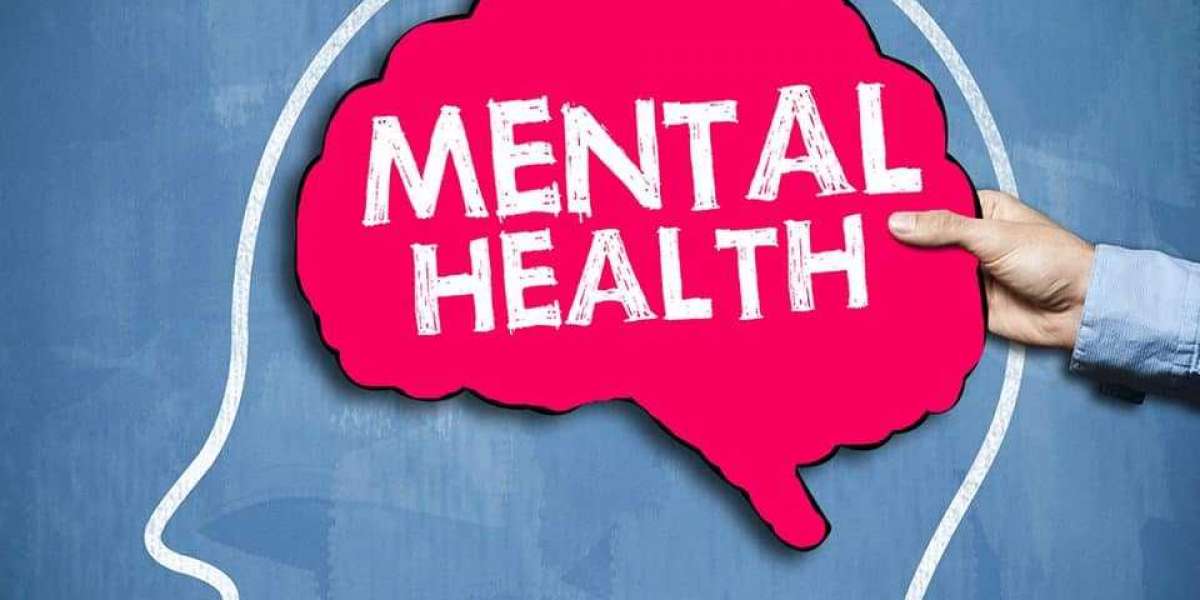The early detection of Co-occurring disorders in addiction and mental illness is critical to a person's recovery and quality of life. Symptoms of these disorders are often more difficult to deal with and persistent than those of a person who doesn't have either disorder. People with these problems also often have difficulty maintaining sobriety. Here are some tips to help you spot the signs of addiction and mental health co-occurring disorder and seek treatment.
Co-occurring disorders
Co-occurring disorders, also called dual diagnoses, are a combination of mental and substance-use disorders. These conditions often coexist and can worsen each other. These conditions are more complex and difficult to treat than simply treating either one separately. In fact, 7.9 million adults in the United States were suffering from both addiction and mental disorders. This makes it imperative to treat both disorders at the same time.
As a result, treatment for these conditions must be coordinated and tailored to each individual's needs. According to the National Institute on Drug Abuse (NIDA), millions of people need treatment for both disorders. Unfortunately, only 9.1% of those with co-occurring disorders receive treatment. However, with the proper care, these conditions can be effectively treated, improving the lives of both people who suffer from them.
Symptoms
There are several signs of substance use disorders that can help you spot an addict. Addicts often need more of the drug to achieve the same effect, requiring more before they actually feel its effect. These people will also start to feel strange after the drug wears off, leaving them shaky and depressed. They may also sweat profusely, have headaches, or experience confusion and seizures.
In addition to genetics, lifestyle and environmental factors play a role in addiction. A person may become addicted to drugs and alcohol because it was available to them when they were younger or because they had a peer-pressured environment. The environment in which a person grows up can also affect their decision-making processes. Addiction can also lead to family conflicts, custody issues, and declining work performance. Teenagers who experience addiction are more likely to neglect their academics and their jobs.
Treatment
The goal of treatment is abstinence from harmful chemicals. Various other documented outcomes include increased productivity and decreased criminal behavior. In some cases, self-help and counseling are complementary to professional treatment. In some cases, an addict may need more than one episode of treatment to achieve recovery. Treatment for addiction and mental health is not short of risks. Patients may be treated in a supervised housing facility or receive detoxification and counseling.
People who suffer from substance abuse must seek treatment before the situation gets out of hand. Treatment plans may change to meet the changing needs of the patient. In some cases, detoxification is necessary. Withdrawal from addictive chemicals can have serious medical consequences. In these cases, a physician oversees the detoxification process. Detoxification does not address the behavioral or psychosocial causes of chemical dependency. This treatment typically precedes behavioral treatment.
Treatment centers
Several options exist for addiction and mental health rehabilitation, including in-patient hospitalization, residential treatment, and intensive outpatient programs. Depending on the addiction treatment center you choose, services may range from one-on-one counseling to group therapy and 12-step programming. For more information about addiction treatment, please contact us. We are more than happy to answer any questions you may have. Treatment centers can help you find the right fit.
Depending on the severity of the addiction and the patient's health and recovery progress, inpatient rehabilitation programs may last 28 to 90 days. A supportive environment outside of the center can help addicts who are otherwise healthy, but these environments increase the risk of relapse. Outpatient programs, on the other hand, provide daily support and may be less costly than inpatient programs. However, these programs may not be appropriate for people who have mental illness or co-occurring disorders, so choosing a center that specializes in dual diagnosis is important.



Alphonsus Odumu 6 w
Mental health